Last week, “Cops” was canceled by the Paramount Network, bringing to a halt the 32-season run of the voyeuristic ride-along show. Soon afterward, A&E axed a similar unscripted series called “Live PD.”
These moves, made amid mass protests over the death of George Floyd while being restrained by police, felt like a clear admission by programmers that television, for far too long, has played a role in glorifying and/or simplifying the depiction of law enforcement officers.
And now, as debates continue to rage over police brutality, systemic racism and criminal justice reform, necessary attention is being paid to how scripted TV images lull us into regarding police officers as paragons of integrity — even when raw video footage captured by ordinary, cell phone-wielding citizens prove they often are not.
“People watch the shows to see heroes,” Warren Leight, the showrunner for “Law & Order: SVU,” said on a recent Hollywood Reporter podcast. “You have the responsibility to at least depict the reality — as close to the reality as you can.”
But are producers really willing to do so? Television, of course, can often be a conduit for progressive change in society. Shows like “Ellen” and “Will & Grace,” for example, helped to pave the way for greater public and political acceptance for LGBTQ rights.
And “24” presented America with a black president even before Barack Obama moved into the Oval Office.
But TV can also help to perpetuate harmful misperceptions. A study released earlier this year by the advocacy group Color of Change suggests that prime-time cop shows tend to make “illegal, destructive and racist practices within the criminal justice system seem acceptable, justifiable and necessary — even heroic.”
The study, titled “Normalizing Injustice: The Dangerous Misrepresentations that Define Television’s Scripted Crime Genre,” pointed out that crime shows often enlist police departments and retired officers as consultants while presenting an overwhelmingly complimentary depiction of police officers as complex, nuanced, and valorized characters.
Not surprisingly, the study also found that crime series producers and writers are mostly white men.
“Black people suffer greatly from the messages put out by the Crime TV genre and it’s time for it to be taken into account,” Rashad Robinson, president of Color of Change, told Indiewire.com. “Seeing President Trump tweet ‘Law & Order’ was a sick irony, because not only are law and order policies disastrous, but the program, and ones like it, are worsening conditions for black people.”
TV is a powerful medium and easily digestible crime procedurals like “N.C.I.S.,” “Chicago P.D.,” “The Rookie” and “S.W.A.T” make up its most popular genre. In the recent broadcast season, three of the five top-rated dramas were cop shows, according to Nielsen. And with 21 seasons and counting, “Law & Order: SVU” is prime time’s longest-running live-action drama.
So it stands to reason that America’s view of the criminal justice system would be largely shaped by shows on the small screen. That is not always a good thing, insist many pop-culture observers.
“It’s long past time to reckon with decades of stories that portray cops mostly as heroes and protagonists and Black people as the criminals they lock up,” wrote USA Today TV critic Kelly Lawler. “If we can’t get rid of cop shows entirely (although it’s not the worst idea), we need to change them.”
Too often TV police are “beacons of morality,” added Lawler, who points out that, in crime procedurals, “there are few instances of police brutality or misconduct. The innocent are rarely convicted. Anyone who gets in the way of policing — an uncooperative citizen, an internal affairs investigator or even other law enforcement agencies — is the enemy. If a cop does anything wrong, it’s always for the greater good.”
Even Leight is bothered by some TV portrayals — especially the ones that glamorize cops who don’t follow the law.
“There are shows with flawed cops at their center,” he said on the THR podcast. “I don’t mind a flawed cop at the center, but a flawed cop with a tendency to violence that’s glorified, to me, is a real recipe for legitimizing police brutality. That’s what I see the most that disturbs me.”
Considering the emotional power of the recent protests — and the widespread support they have garnered — it would seem inconceivable that cop shows didn’t, in some way, reflect what is happening in real life. On the other hand, television has always been loath to stray from a successful formula. That explains why “Law & Order” creator Dick Wolf, the king of the crime procedural, currently has six shows on the air.
Several producers are, at least, talking about making changes. Leight, for example, wants to bring fresh and diverse voices into the “Law & Order: SVU” writers room.
“This has to be a moment,” he said, “where people in power make themselves uncomfortable.”
Meanwhile, the producing team of “S.W.A.T” — a show led by a black star, Bay Area native Shemar Moore — has taken to social media to let viewers know that they will “do better” when it comes to exploring themes of racism and police violence.
“We are watching recent events in horror and sadness along with everyone else,” they said in a statement. “And we will continue to mine the truth about these issues in the writing of our upcoming season as we all work towards a fairer, better system.”
___
(c)2020 the San Jose Mercury News (San Jose, Calif.)
Visit the San Jose Mercury News (San Jose, Calif.) at www.mercurynews.com
Distributed by Tribune Content Agency, LLC.
—-
This content is published through a licensing agreement with Acquire Media using its NewsEdge technology.



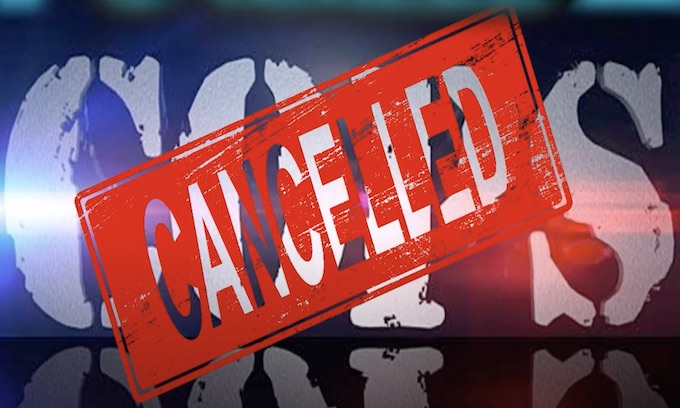
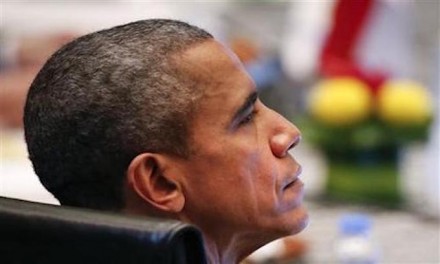
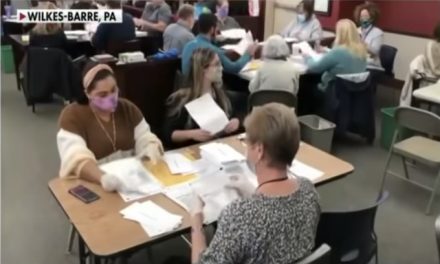
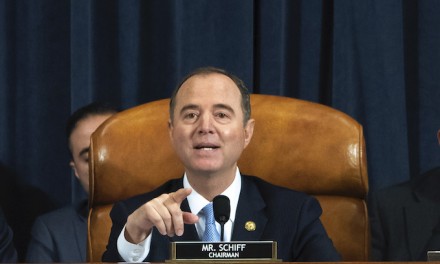
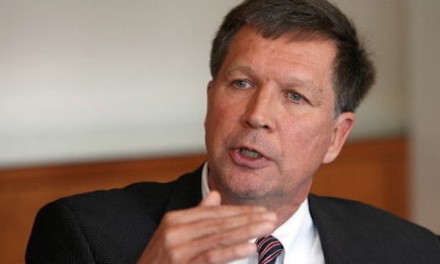









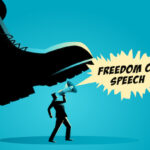

Recent Comments